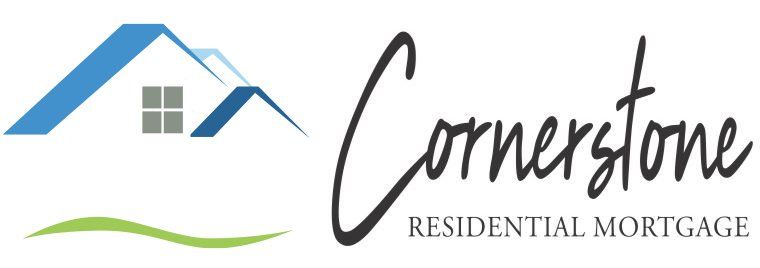Mortgages After Retirement: Why and How to Get One
- By Admin
- •
- 17 Sep, 2019

Are you ready to retire or already living the retirement lifestyle? Conventional wisdom has often been that retirees should avoid entering their golden years with a home mortgage.
Like many pieces of advice you will undoubtedly receive as a retiree, though, this idea should not be taken as one-size-fits-all advice. Retirees choose to seek a mortgage for many reasons, and they can meet the challenge of qualifying for one in a few different ways. If you're thinking about joining their ranks, here is what you need to know.
Why Get a Mortgage?
Mortgages are useful credit tools even after retirement. If you want to move locations to be closer to family or personal interests or if you are downsizing, you'll need a new home and a new mortgage. Housing markets differ from city to city and region to region — so even if you sell a home outright, you may not be able to buy a new one for cash in hand.
In addition to moving, some retirees use rental units as a source of passive income within their retirement portfolio. And unless you have the cash to pay upfront, you'll need a mortgage to tap into this income. Or you may find that keeping the funds from a home purchase accessible or available for investment brings higher benefits than avoiding a mortgage.
How Do Retirees Get a Mortgage?
Generally, mortgages require a certain amount of monthly income in order to qualify for credit. This is the biggest hurdle for those on a fixed income as well as early retirees who plan to live off their investments. But you can qualify even if you no longer have a 9-to-5 paycheck.
Traditionally, there are two methods of calculating retirement portfolios in terms of monthly income. The first is drawdown documentation. In this case, you would show recent withdrawals from a 401(k) or IRA for a certain amount of money. This is then used to project what you will withdraw monthly in the future.
The second method is referred to as asset depletion. In this scenario, your large assets are valued, divided into a monthly amount, and treated like a projected paycheck.
You could also create your own paycheck using retirement funds by purchasing an annuity. With an annuity, you basically give the annuity company a chunk of money, and they in turn make payments back to you for a set period of time.
The annuity company invests the money, so there is often a higher amount returned over time. Annuity payments, like Social Security checks, are steady, documented income.
What if you have retirement income, but it's just not enough to qualify? You can still boost your chances in a few ways. One common option is to include the income of non-borrowers who live in the household. This is perfect for those whose adult children or grandchildren live with them. Just because they won't be on the mortgage doesn't mean that their earnings can't often be taken into consideration.
If that isn't an option, you can also reduce the amount of money you're asking for. If you sold a house, for instance, you may increase the amount of the down payment to make the mortgage request smaller. For those who have existing debt, a mortgage size reduction can bring the debt-to-income ratio down enough that they can qualify. And you don't have to tap all your liquid cash.
Where Should You Start?
If you are thinking about getting a mortgage as a retiree, start by meeting with an experienced mortgage broker. Mortgage programs and rules change often, so you want someone who is up-to-date on the latest developments. At Cornerstone Residential Mortgage, we can help. Call today to discuss your particular situation and see how we can help you get into your new home.



